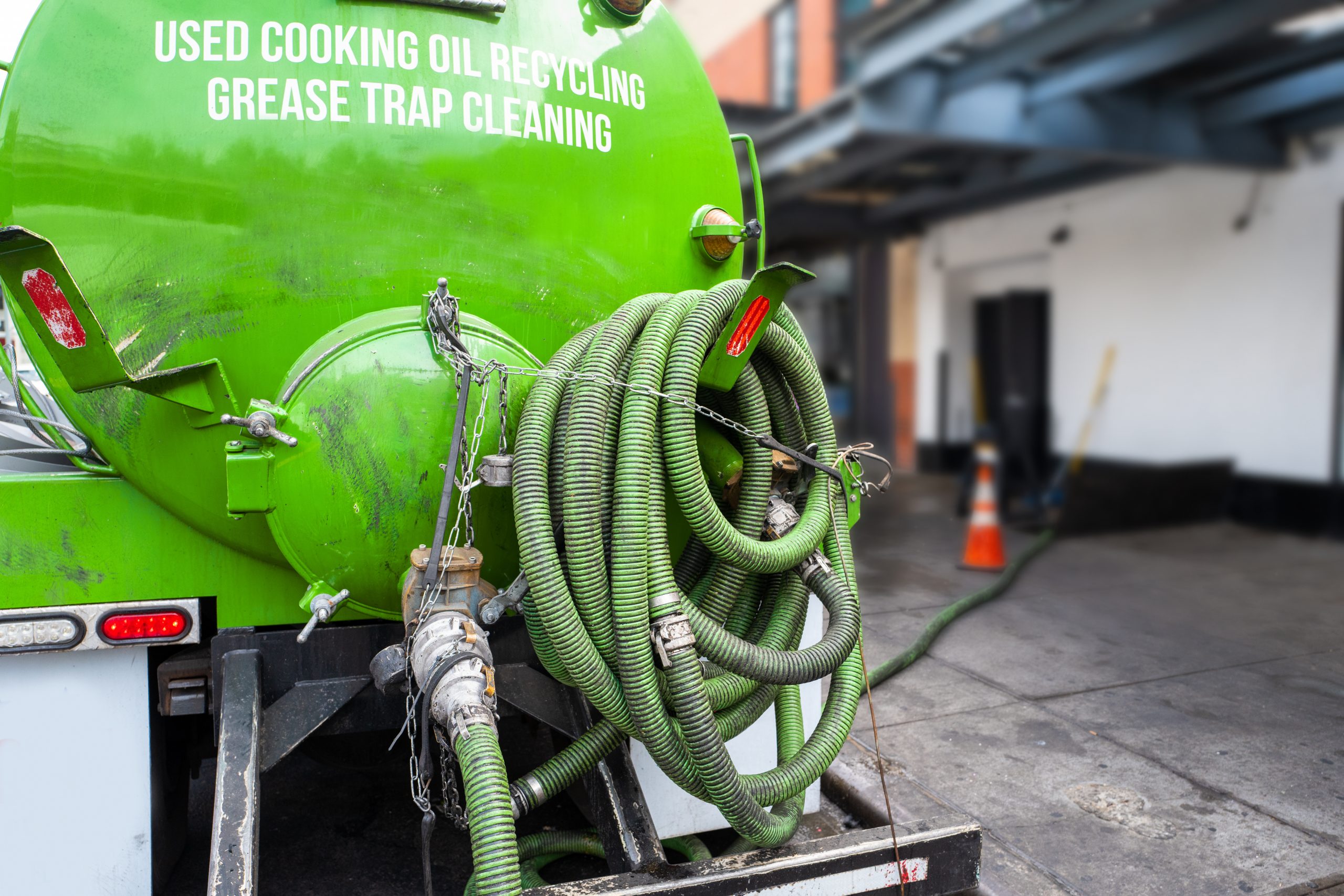Pouring cooking oil down the drain is a major cause of drainage blockage. This is because when the cooking oil gets into the drainage system, it cool
Pouring cooking oil down the drain is a major cause of drainage blockage. This is because when the cooking oil gets into the drainage system, it cools off and then solidifies. This creates a blockage that obstructs the flow of wastewater and thus causing sewerage flooding.
The good news is that this is a problem that is easy to avoid. All you have to do in order to avoid this problem is to pour the oil in a container every time you need to dispose of it. When you collect enough oil, you can then send it to a waste oil collection plant for recycling. You will even make a few dollars in the process.
The benefits of recycling used cooking oil extend beyond avoiding drain problems. Here are some of the major reasons why everyone should be thinking of recycling their cooking oil.
Good for the environment
Recycling is good for the environment in many ways. First off, when you choose to recycle the oil, you help to preserve natural ecosystems. This is because pouring oil into the drain eventually finds itself to the environment, to places where it does not exist naturally. As a result, it interferes with the existing ecosystem, something that may lead to untold consequences. When you choose to recycle the cooking oil, you spare these ecosystems from the disruptions that a pool of oil can cause.
The second way cooking oil recycling is good for the environment is by limiting greenhouse emissions. This is because when it is recycled, cooking oil can be used to create biodiesel. This type of fuel is cleaner than the ones already in use. As a result, when you decide to recycle your cooking oil, you help to ensure that this form of fuel is more readily available, something that goes a long way towards reducing the level of environmental pollution.
Economic opportunities for your area
Recycling plants tend to employ people from the local area. They employ people who make waste oil collections, people who drive the recycling trucks, those who operate the recycling plant machinery, and those who handle the business side of the recycling operation. For as long as the plant has raw materials, and for as long as they fulfill a need in the market, these people will always have jobs.
When you recycle your cooking oil, you help ensure that these people have work to do. This is good for both their families and your town as a whole. This, in addition to the fact that these businesses pay taxes to local authorities, makes your decision to recycle an important one for the economic health of your area.
Convenient oil disposal
Disposing cooking oil is a little bit trickier. First, it is in liquid form which means that your normal recycle bin will not do. Therefore, you will need a special container for cooking oil disposal. It being a liquid means that it can also spill, and if it is not properly disposed of, it can even become a health hazard. Secondly, the cost of transportation and the special procedures that are needed to dispose of the oil make for an unnecessary expense.
Instead of having to worry about all these things, you can simply call a waste oil collection company. They will pick up the waste oil at their own expense, and they will even pay you for it. This is because waste oil is an important raw material for these companies. Recycling the oil and producing a useful product like biofuel is a viable economic opportunity and, therefore, they will be glad to take the waste oil off your hands.
When you choose to recycle your cooking oil, you benefit more than just your drain pipes. You benefit the environment as a whole and your community in general. This makes it something worth doing, especially if you can make a few extra dollars while doing it.




COMMENTS